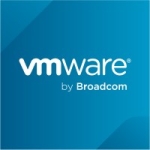The primary use case of this solution is for collecting event data for analytic purposes.
In our case, when a user selects a function in our app, the information is collected. Analytics is performed on the data to determine the functionalities that clients use the most.
Additionally, the data can tell us the most popular service demands such that resources can be assigned accordingly.
Documentation of this solution can be improved. Sometimes, the images in the document are from older versions.
I have been using this solution for three years.
We have never had a problem with the stability of the solution.
The solution is easy to scale and cost-effective.
The profile management of this solution is difficult to set up.
However, after the initial setup, it is easy to deploy, maintain, and test.
The security of a cloud solution is very important and attention must be given to profile management, key generation, and key protection.













